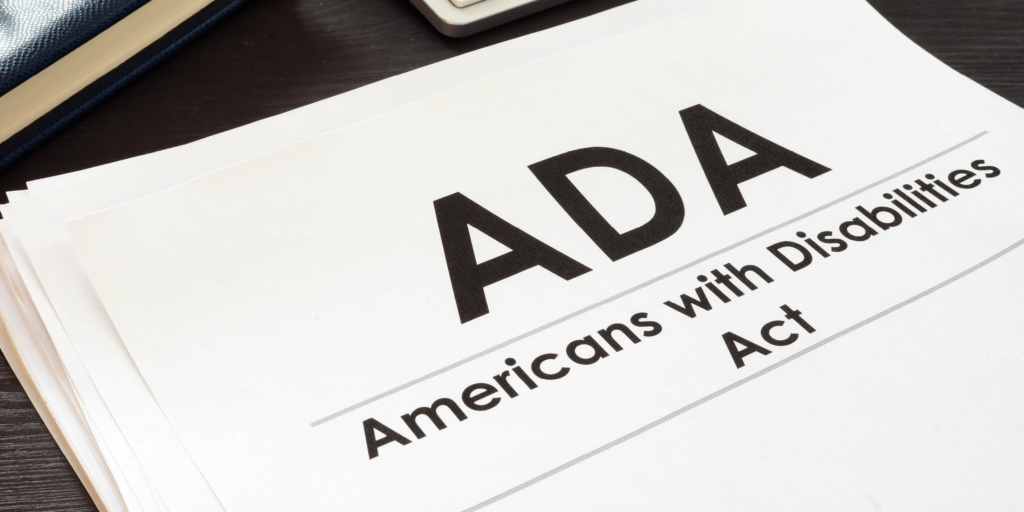Trending
- 2026 GAWDA Southwest Regional Meeting Recap
- 2026 GAWDA Northeast Regional Meeting Recap
- B&J Welding Supply Opens Abilene, TX Location
- AWG Names Matt Cavalier as Executive Vice President of Sales
- Red Ball Oxygen Announces Launch of Orbital Welding Services Division
- Norco Named to Forbes’ 2026 America’s Best Midsize Employers List
- March 1, 2026 – Safety & Compliance
- Buckeye Welding Supply Names Ashley Morales as Store Manager for Henderson, CO







